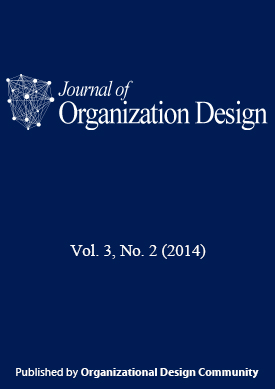Navigating New Legal Demands For Franchisor Accountability
DOI:
https://doi.org/10.7146/jod.16691Keywords:
franchising, franchise law, accountability, brand protection, transaction costsAbstract
Franchising is a relationship wherein one organization (i.e., the franchisor) allows other organizations (i.e., franchisees) to use its brand name, products, and processes in exchange for fees. Because franchising offers franchisors the opportunity to build their brands quickly, it is perhaps not surprising that many firms rely on franchising as a key tool for organization design. One caution about franchising is that its use brings a complex array of legal issues into play. As franchising increases in popularity, so too does the scrutiny paid to this organizational form by the legal system. Indeed, the courts appear to be demanding increased accountability from franchisors. The goal of this Point of View article is to explain how organizations can avoid problems associated with increased accountability and even benefit from it.
Downloads
Published
How to Cite
Issue
Section
License
JOD requires that at least one author of each accepted paper sign a Copyright Transfer Agreement form. Copyright will be transferred to Organizational Design Community when the paper has been accepted.
Articles published in JOD are licensed under a Creative Commons Attribution-NonCommercial-NoDerivs 4.0 Unported License.



